Israel orders troops to 'prepare to remain' throughout winter in Syria
Minister of military affairs Israel Katz has ordered Israeli troops to "prepare to remain" throughout the winter in Syria including the strategic Jabal al-Shaykh mountain which they occupied after the fall of President Bashar al-Assad.
In an announcement on Friday, Katz said he had issued the order during an assessment the previous day with the Israeli army's chief of staff Herzi Halevi, and other officers.
"Due to the situation in Syria, it is of critical security importance to maintain our presence at the summit of Mount Hermon [Jabal al-Shaykh], and everything must be done to ensure the (army's) readiness on-site to enable the troops to stay there despite the challenging weather conditions," he said.
Israel started its push to grab more Syrian land on Sunday, after foreign-backed militants led by Hay'at Tahrir al-Sham (HTS) announced the fall of President Assad’s government following a rapid two-week onslaught.
Israeli forces seized the so-called buffer zone, which separates the occupied Golan Heights from the rest of Syria, in violation of a 1974 disengagement agreement. The occupation forces have entered several towns in Quneitra, forcibly evacuating residents.
They occupied the summit of Jabal al-Shaykh which provides an observation point for areas in Syria and Lebanon. It rises to 9,232 feet (2,814 meters) and is the highest point on the east coast of the Mediterranean Sea.
Israeli troops have advanced beyond the so-called buffer zone toward Damascus, with the regime's warplanes conducting hundreds of aerial assaults on Syria.
Katz had earlier said that the regime was planning a "sterile defense zone" in southern Syria. Several regional countries said Israel is taking advantage of the chaotic situation in Syria to expand its occupation of the Arab state.
Israeli soldiers entered the town of al-Hurriya in Quneitra province on Thursday. Local sources said Israeli forces also carried out a forced evacuation of the residents of the village of Rasem al-Ruwadi in the region.
On Wednesday evening, Israeli forces stormed the towns of Ruwaihinah and Umm Batna in the central countryside of Quneitra as well.
Residents of the town said the occupying regime forces asked them to evacuate their homes to annex them to the so-called buffer zones. The incursion involved tanks and infantry units, during which several houses were searched.
Many Syrians and others watching the fast-moving pace of events say Netanyahu is using this moment of change in their country to permanently seize further territory.
“They are saying they will give it back, but they are already occupying the Golan Heights which they haven’t given back. What would make you believe they will give this back?” Haid Haid, a senior consulting associate fellow at Chatham House, told Middle East Eye.
Israel has wiped out Syrian naval vessels, sea-to-sea missiles, helicopters and planes, including the entire fleet of MiG-29 fighter jets and stockpiles of ammunition in attacks on at least five air bases.
Reports say Israel and militant groups in Syria have previously come to successful arrangements whereby Israel provided emergency aid and medical care to militants so long as the groups did not attack the Zionist regime.
In a note to correspondents issued on Thursday, United Nations Secretary General Antonio Guterres said he is "deeply concerned" over "extensive violations" of Syrian sovereignty.
The UN chief also said he is "particularly concerned over the hundreds of Israeli airstrikes on several locations in Syria."
He further stressed that the 1974 Disengagement of Forces Agreement between Israel and Syria “remains in force” and that it must be upheld by "ending all unauthorized presence in the area of separation and refraining from any action that would undermine the ceasefire and stability in Golan.”
Israel killed 70 children alone in past five days in northern Gaza
VIDEO | Pakistanis show solidarity with Gaza, Lebanon amid Israeli aggression
VIDEO | DRC sues Apple over blood minerals
Israel continues to violate ceasefire agreement with Lebanon
VIDEO | Yemen’s navy forces US aircraft carrier to retreat from Red Sea
VIDEO | Los Angeles catastrophic hellscape
West yet to fulfill NATO summit’s promise of arms supplies: Zelensky
Trump prosecutor resigns from US Justice Dept.


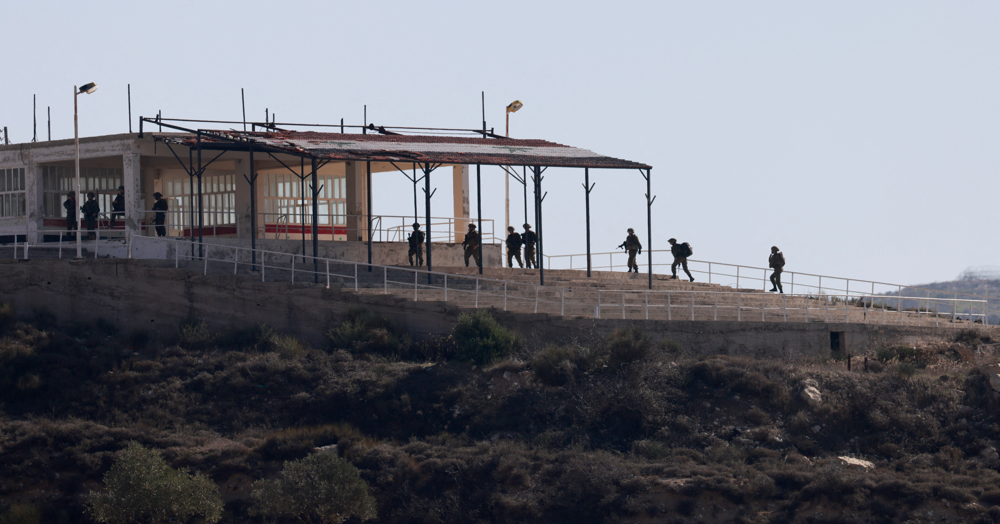
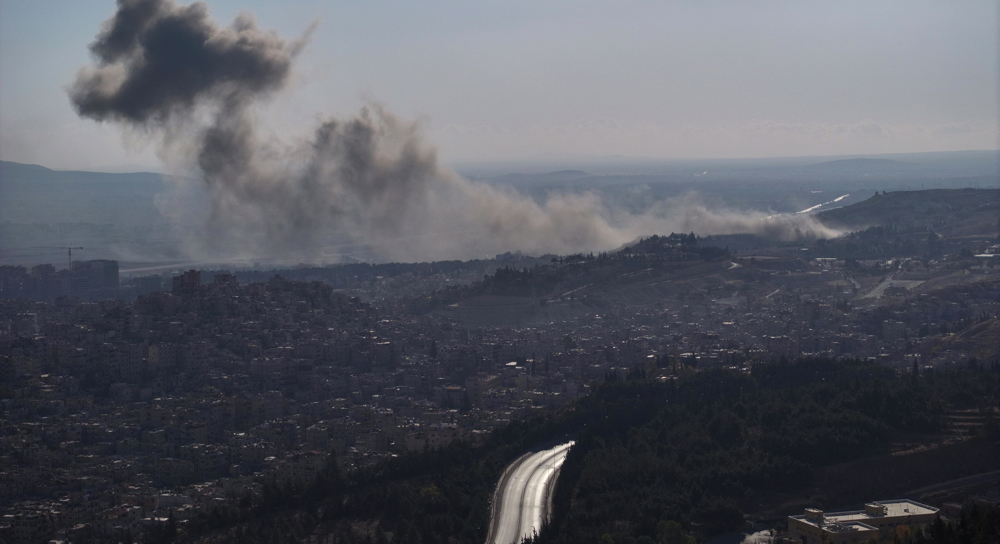
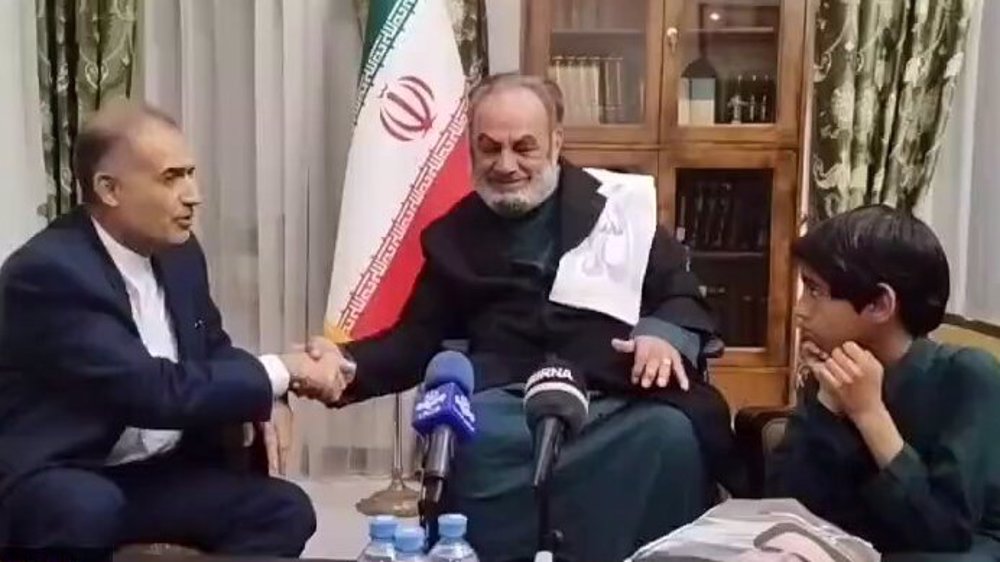
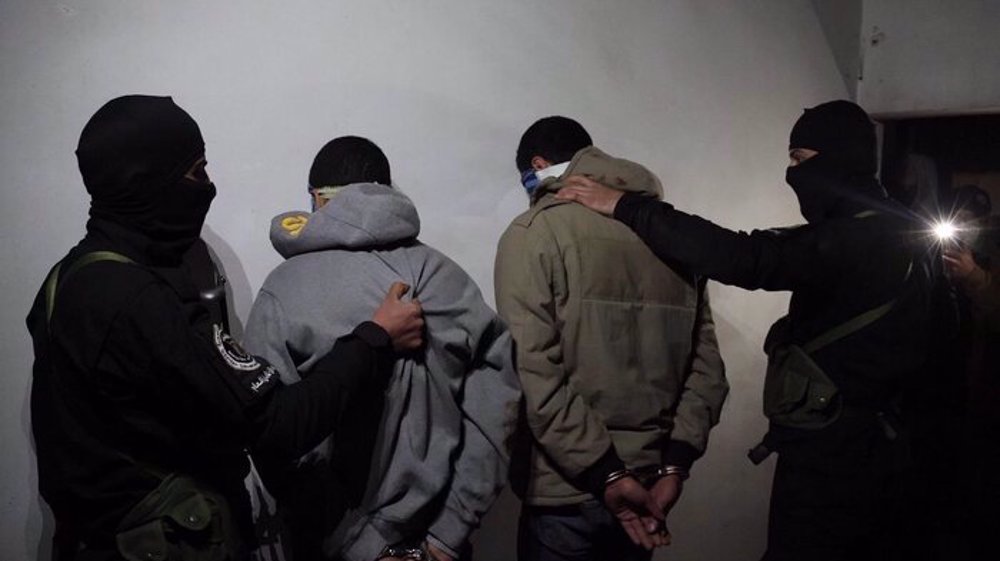
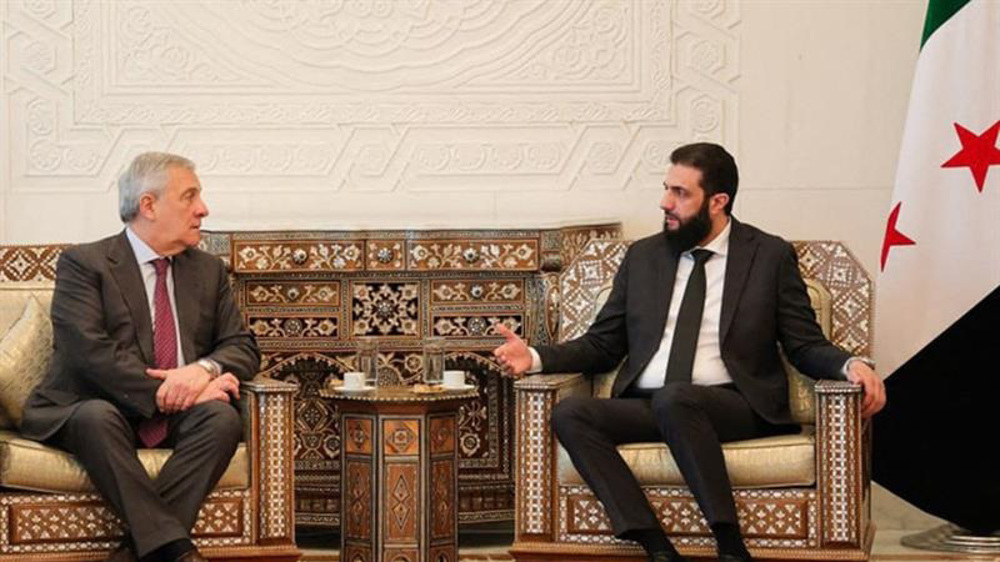





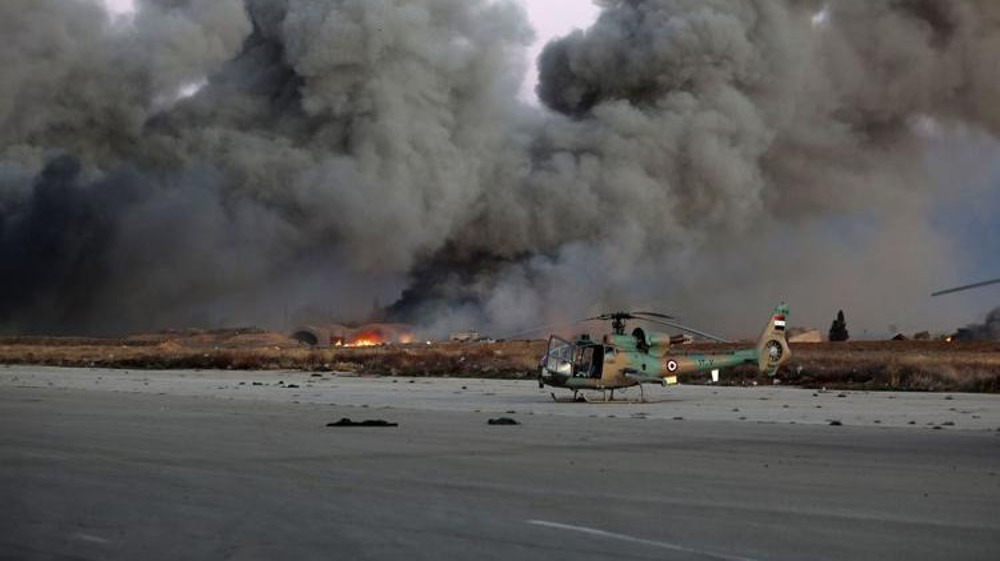
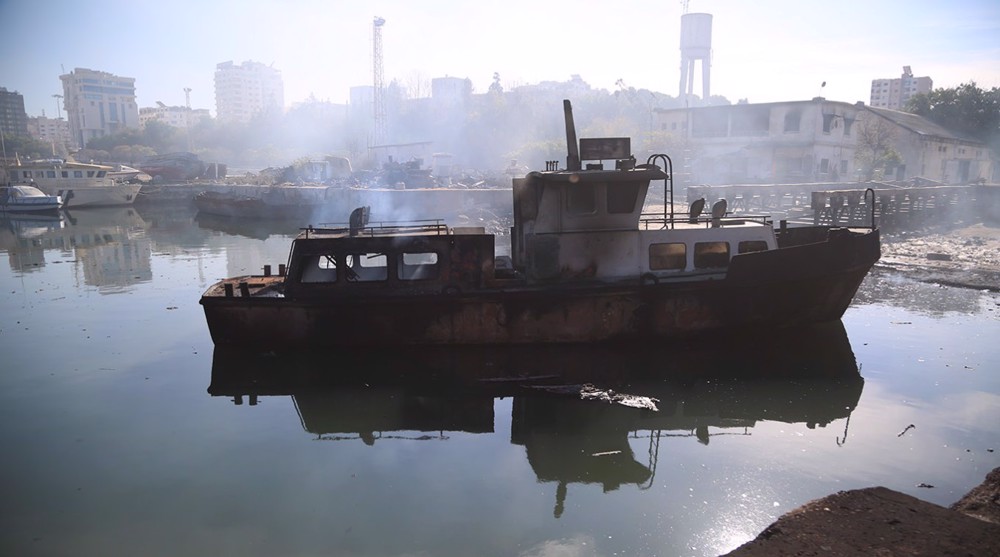
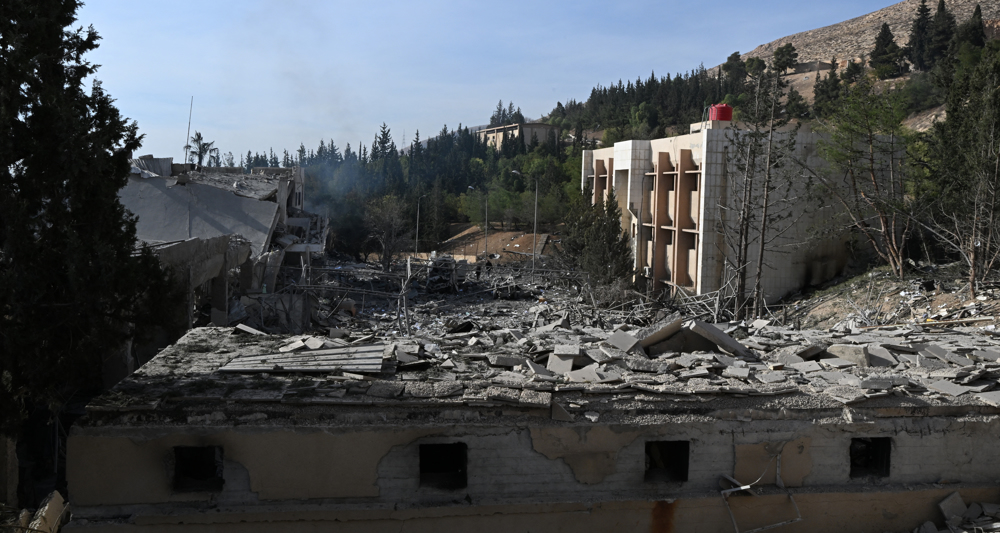

 This makes it easy to access the Press TV website
This makes it easy to access the Press TV website